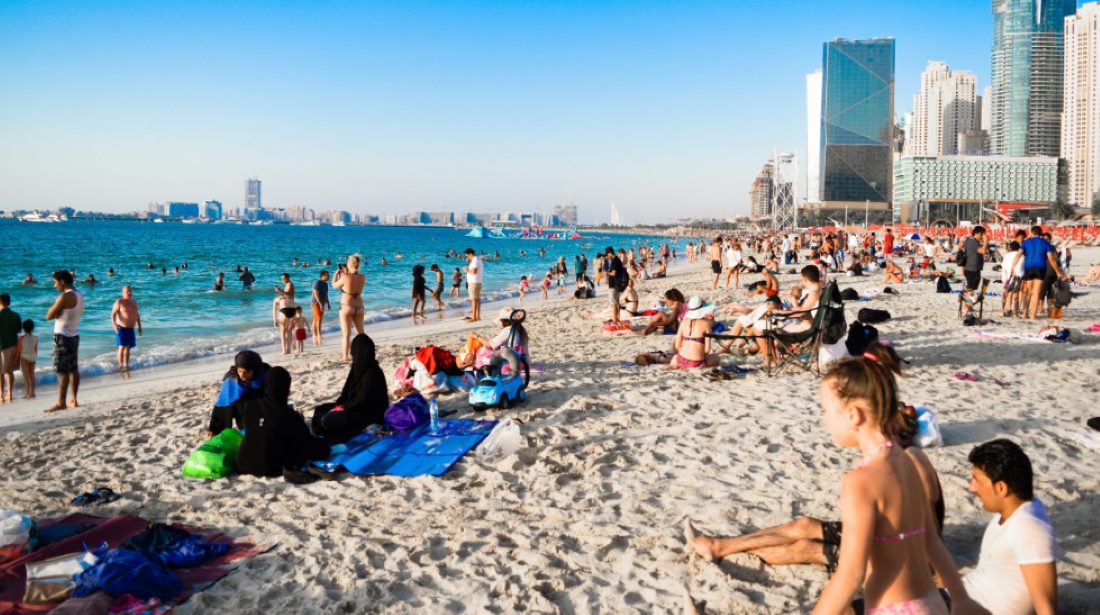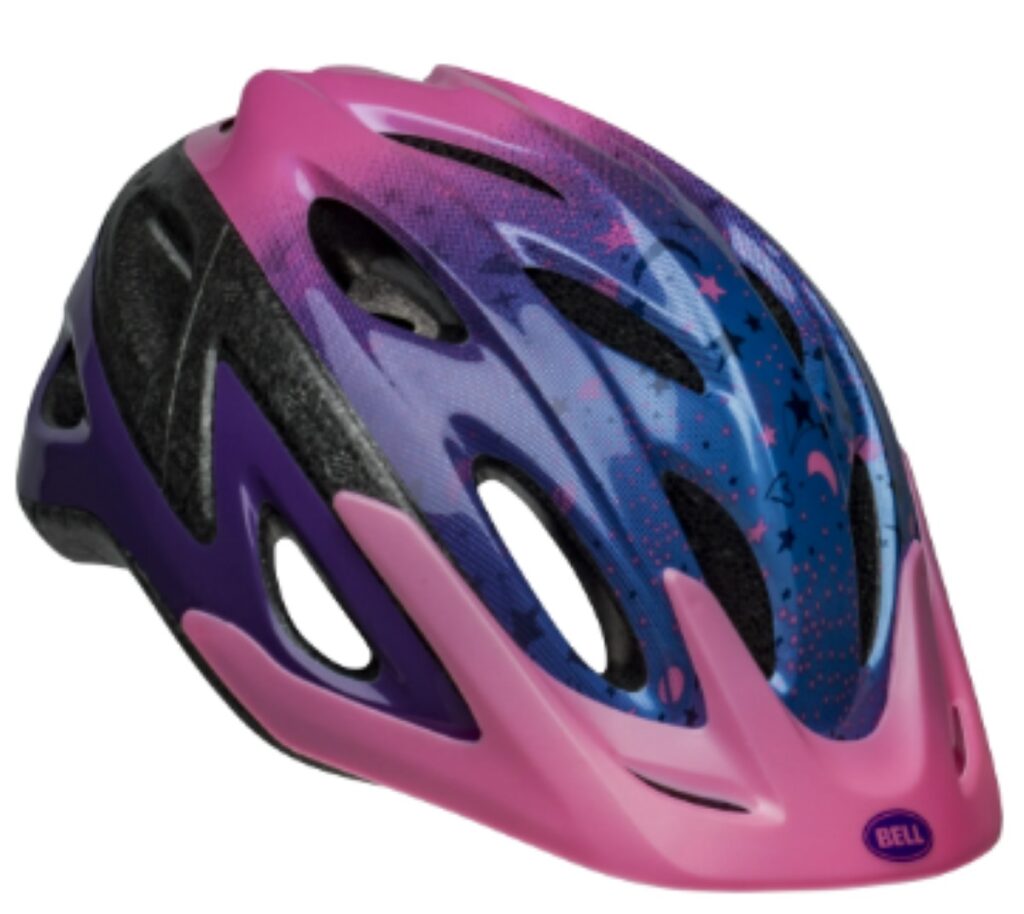That tight, dry feeling on your skin after a dip in the ocean isn’t just in your head. Scientists have now proven this common beach experience with solid research, explaining exactly why it happens.
Researchers from Binghamton University, led by skin scientist Guy K. German, recently published their findings in the Journal of the Mechanical Behavior of Biomedical Materials. This study is the first to scientifically confirm what beachgoers have felt for years but was previously dismissed as an “urban myth.”
“The salt on your skin increases drying, resulting in tighter skin,” explains German. “The saline that you’ve just come out of – the salt water – sits on your skin and messes with the way that it dries.”
The research team conducted lab tests comparing how regular water and salt water affected skin samples. They discovered that salt water significantly increased what they call “drying stress” and skin stiffness.
What happens is surprisingly simple: as ocean water evaporates from your skin, it leaves behind salt crystals. These tiny crystals then actively pull moisture from your skin’s outermost layer, called the stratum corneum. This layer normally acts as your skin’s protective barrier and moisture keeper.
“Exposure to it leaves microscopic salt crystals on the skin, drawing water from within the skin to its surface,” says Dr. Gary Goldenberg, assistant clinical professor of dermatology at Icahn School of Medicine at Mount Sinai Hospital.
The scientists performed what German calls an “apples-to-apples comparison,” changing only the salt content in the water applied to skin samples. This confirmed that salt, not just water evaporation, causes the increased drying and tightness sensation.
This drying effect goes beyond simple dehydration. “This process disrupts the proteins in the top layer of your skin, making it feel more flaky, and compromises your skin’s outer protective barrier,” adds Dr. Ife J. Rodney, founding director of Eternal Dermatology + Aesthetics.
Similar Posts
With repeated exposure, skin can become irritated and inflamed, according to dermatologists.
Fortunately, the solution is straightforward. “What’s the one thing that you find on public access beaches? Showers,” German points out. “You’ve got salt water on your skin, and salt is soluble in water, so you just take a shower.”
Dermatologists recommend additional steps to protect your skin at the beach:
Before swimming, apply a water-based moisturizer before your sunscreen to reinforce your skin’s protective barrier.
After swimming, rinse with fresh water as soon as possible, then use a mild soap for a full shower. Apply moisturizer while your skin is still damp to seal in moisture.

Stay well-hydrated throughout the day to support your skin’s moisture from within.
German notes that salt on your skin isn’t necessarily harmful – some people actually enjoy the tight feeling. “Science is everywhere,” he says. “You think of these little things that happen, and there’s physics going on right around you, even when you’re lying on the beach, reading a book.”This research could potentially influence the development of more effective skincare products, especially those designed for post-beach use. It also adds to our understanding of how environmental factors affect skin health and barrier function.
Frequently Asked Questions
Your skin feels tight after ocean swimming because salt crystals are left behind when saltwater evaporates from your skin. These crystals actively draw moisture out from your skin’s outermost protective layer (called the stratum corneum), causing increased “drying stress” and stiffness. This scientific phenomenon was recently confirmed by researchers at Binghamton University.
The tight feeling itself isn’t typically harmful, though repeated exposure without proper care can lead to irritation, inflammation, and excessive dryness. While some people actually enjoy the tight sensation, dermatologists recommend rinsing with fresh water and applying moisturizer afterward to prevent potential skin barrier disruption. The salt doesn’t just dehydrate your skin—it can also disrupt proteins in your skin’s top layer.
Researchers conducted an “apples-to-apples comparison” between saltwater and freshwater on skin samples. They found that saltwater significantly increases skin stiffness and “drying stress” compared to freshwater. The key difference is that when saltwater evaporates, it leaves behind salt crystals that continue to draw moisture from your skin. Freshwater simply evaporates without leaving behind these moisture-drawing crystals.
Dermatologists recommend several effective strategies: 1) Rinse with fresh water immediately after ocean swimming to remove salt crystals, 2) Apply moisturizer while your skin is still damp to seal in hydration, 3) Use a water-based moisturizer before heading to the beach and before applying sunscreen, 4) Stay well-hydrated by drinking plenty of water throughout the day, and 5) Avoid harsh cleansers that can further strip your skin of natural oils.
While the study focuses on the drying effects, saltwater does have some potential benefits. Some people report that saltwater has exfoliating properties and can deliver beneficial minerals to the skin. The ocean water contains minerals like magnesium and calcium that some find beneficial. Additionally, some individuals actually enjoy the tight, invigorating sensation that saltwater creates on their skin. However, the research confirms that the dominant effect is increased dryness and tightness.
Yes, sensitivity to saltwater’s drying effects varies between individuals. Those with naturally dry skin or conditions like eczema, psoriasis, or rosacea may experience more pronounced tightness and irritation. People with compromised skin barriers are particularly susceptible to the “drying stress” caused by salt crystals. Individual skin thickness, natural oil production, and hydration levels also influence how much tightness you’ll feel after ocean swimming.


















